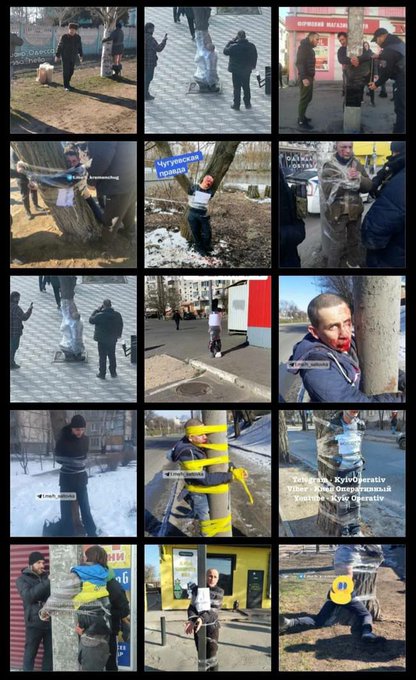Dilemma for UK authors as Russia offers huge sums for escapist fiction

London: The thirst for escapist literature in Russia has prompted a new bidding war for translated fiction. English-language authors of crime, romance and fantasy novels have received some unexpectedly enticing offers for their books this spring.
But despite the increased price tag on these potential foreign rights deals, the war in Ukraine has led many British writers to resist the lure of Russian money. “We leave it up to our authors to see if they want to accept an offer,” said Kate Nash, a leading British literary agent.
“We see it as an individual decision. We have quite a few offers in from Russia at the moment and one publisher has just increased their bid to get the deal done.”
Stories involving crime and romance, as well as historical sagas, sci-fi and fantasy, are at a premium, with the size of some Russian bids doubling. “Suddenly demand is strong, especially in the more escapist genres,” said Nash, whose company represents a range of popular writers in a couple of the key genres. “The market was depressed after the pandemic and the start of the war, but it is definitely back now.”

A British novelist who is not represented by Nash told the Observer she had just turned down a substantial rights offer, equivalent to several thousand pounds, on her newly published book, although the figure was higher than usual. “I would have felt like a hypocrite if I had accepted,” said the writer, whose popular books have historical settings. “I couldn’t hurl abuse at the TV every time there was news of another Russian atrocity, while turning a blind eye to the roubles ‘resting’ in my bank account. To be honest, I was also quite surprised this ‘trading’ was still going on at all. Of course, agents have to put offers to their writers, but it puts the writers in a difficult position if they need the cash. Far better not to be dealing with Russia at all under the circumstances.”
Literary agents dealing with more commercial fiction report that Russian offers are generally up by a few thousand pounds, often reaching £5,000. This might not represent a fortune, but it is a valuable sum even for more successful authors, for whom living on the income generated by sales alone can be a struggle.
When Russia invaded Ukraine last year several well-known writers, including Neil Gaiman and Stephen King, announced they would not agree to any Russian editions of their work for the duration of the conflict, while last April JK Rowling also withdrew online rights to the Harry Potter stories from Russia’s two largest ebook libraries. But other novelists have privately decided that allowing Russian readers continued access to foreign literature is important, as Putin’s government cracks down on freedom of expression.
“It is interesting who wants to do it and who doesn’t,” said Laurence Laluyaux, who runs the international side of RCW, the long-established agency formerly known as Rogers, Coleridge and White. “Responses from agencies and from authors in the UK are mixed. Some agencies have a blanket rule not to do any Russian business. We do it author by author. We tell a writer whether the Russian publisher in question is supportive of Putin’s regime and then ask them how they feel. I find more literary authors tend to know more about it all and have a stronger view.”
The situation was complicated, Laluyaux added, because some Russian fiction editors had fled the country in order to carry on working freely. “Some of these editors and publishers in exile say that we are in danger of doing Putin’s work for him if we do not trade with them. The result will be silence. So it is difficult. Certainly though, it is true that any money made from a book published there will go into the Russian economy.”
The British author who turned down her own recent rights bid was sympathetic to both sides, she said: “It is important not to demonise authors who have been tempted. Most people don’t realise how little the average author earns.
“The fact that Russian publishing houses are making such substantial offers makes it hard for some to refuse. It also demonstrates how desperate the Russian book trade is to get its hands on western books.”
The issue is a complex one for British literary festivals this summer. Laluyaux is aware of bans on Russian writers at many events, unless it is clear they are opposed to the war or at least living in exile. “The debate is happening everywhere. A lot of UK agencies have stopped dealing with Russian publishers or are almost not selling to them any more. We work directly with Russians, rather than through agencies, and so have a different relationship. We know which publishing houses are trying to operate in different ways or have relocated,” she said.
Laluyaux pointed out that new Russian propaganda laws had made it hard for native publishers to print anything involving LGBTQ lifestyles. Some publishers had left Russia in order to carry on printing an inclusive range of fiction, not just to criticise the regime. “I don’t want to name them while they are setting these plans up,” she said.
Russian demand for foreign-authored escapism was very strong, she added, but there was also a big appetite for self-help books and for historical works about fascist Germany.





